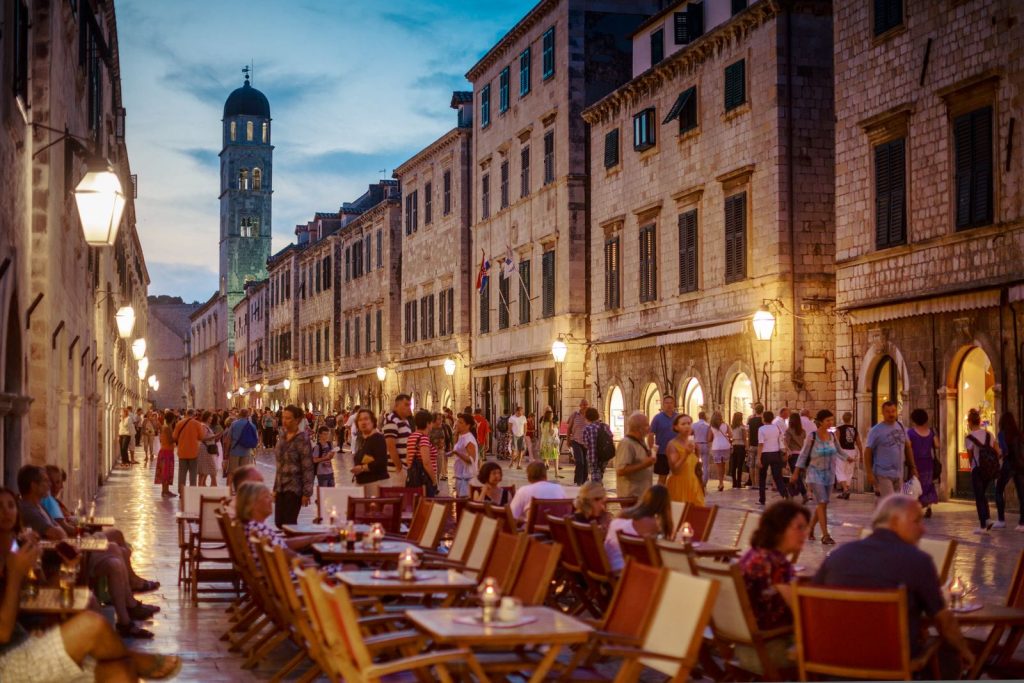What exactly should the much talked about Croatian Tourist Card be used for and for whom is it intended at all?
As Novac/Dora Koretic writes on the 29th of May, 2020, until recently, the answer to this question seemed rather simple, but the negotiation process between the state and public service unions, and a Croatian Government team has raised several questions regarding one of the Ministry of Tourism’s most promoted and debated projects to date.
This became emphasised after the Minister of Labour Josip Aladrovic appeared before the public on Wednesday and said that instead of paying recourses through the so-called CRO card, the unions agreed that it still needs to be paid in cash, and to the bank account of the user.
“We have taken the position that we will still pay a rebate of 1,500 kuna to the accounts of citizens,” he said, adding that the unions weren’t satisfied with the idea of the CRO card.
The way the card has now slipped through the collective agreement proposal for state and public services marks a truly considerable departure from the idea of the CRO card in the form in which it was previously presented by its initiators. Namely, the public stated that it was primarily intended for private employers and their employees, and insisted on the interpretation that the payment of money on the Croatian Tourist Card has nothing to do with recourse payments.
Moreover, the whole idea of the Croatian Tourist Card was based on the possibility that employers, in addition to other non-taxable fees in the amount of 7,500 kuna per year, now have the opportunity to pay their employees another 2,500 kuna which is also tax-free, but this time on a special card which will be able to be used in catering, hospitality and tourist facilities across Croatia.
“From January next year, employers, primarily in the private sector, will be able to pay their workers a maximum of 2,500 kuna in the form of a special voucher intended for consumption exclusively within the country and in periods outside of the main season. The project is currently under development, in the initial phase, we’ll focus on companies from the private sector, but we’re convinced that the state and public administration will also be interested in this,” said the State Secretary in the Tourism Ministry, Frano Matusic.
Interest in using the Croatian Tourist Card was investigated in cooperation with the Croatian Employers’ Association (HUP) on 400 private employers, of which every second one showed interest in the tourist voucher, albeit in the period before the coronavirus pandemic struck.
“The aim of this proposal of the Croatian Government’s negotiating committee was to further encourage spending in the sectors which have been the most affected by the coronavirus crisis, such as the tourism and hospitality sector,” they explained from the Ministry of Labour, redirecting the card from the private to the public sector. The Ministry of Tourism also briefly responded that the proposal to pay recourses for the civil service through the Croatian Tourist Card was an attempt to encourage spending in the domestic tourism sector.
For more on the Croatian Tourist Card and domestic tourism in the coronavirus era, follow our travel page.








